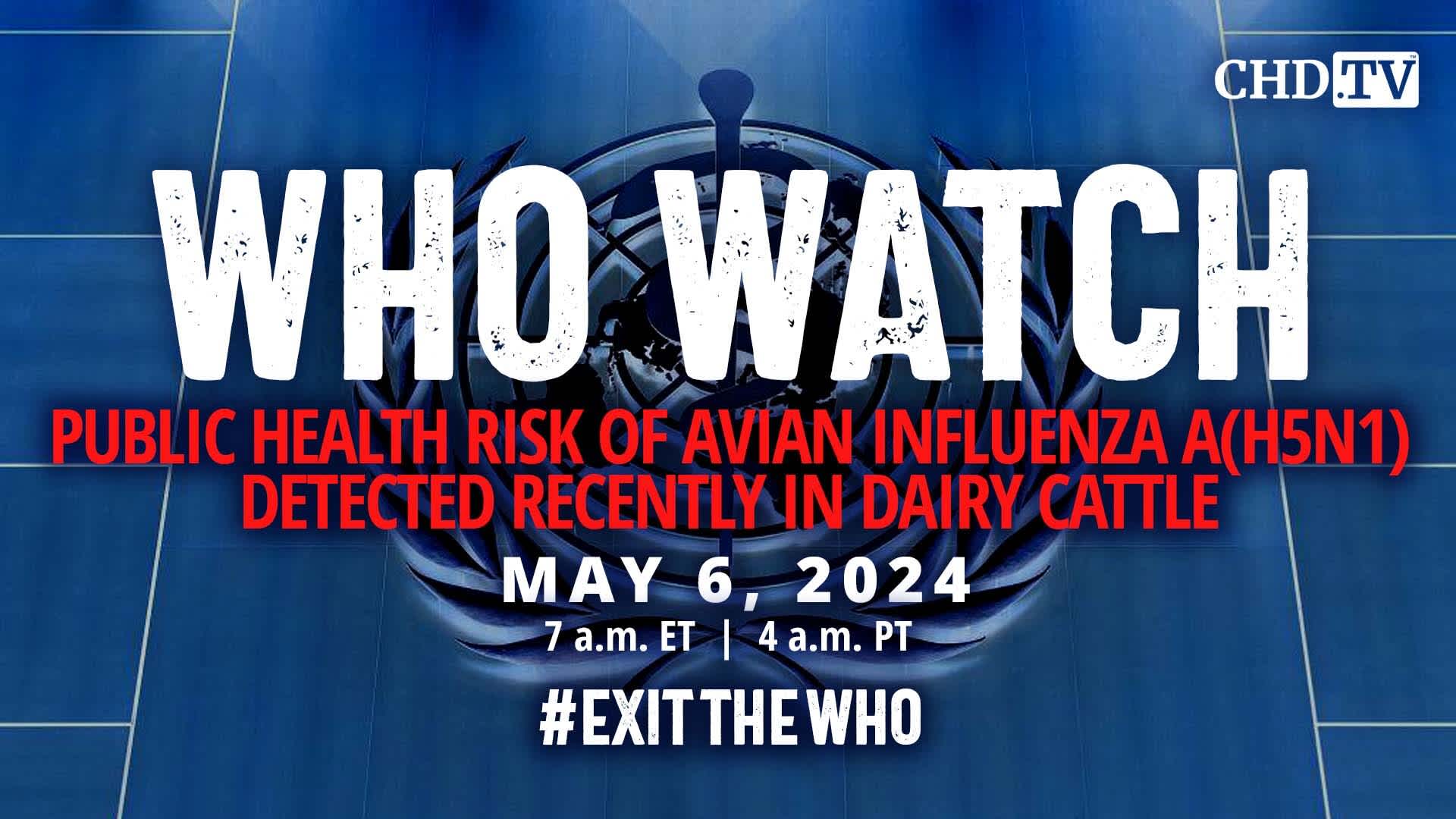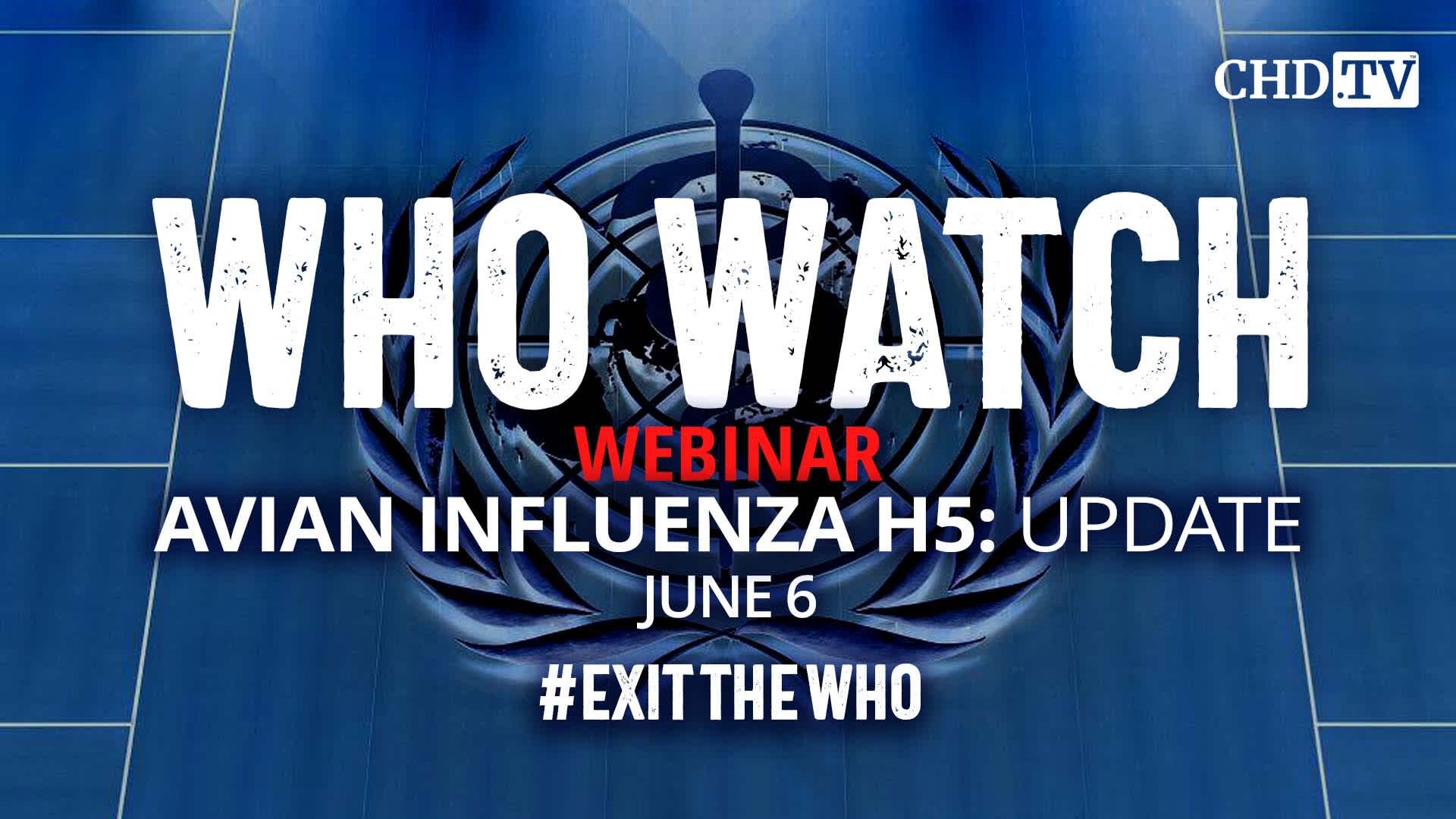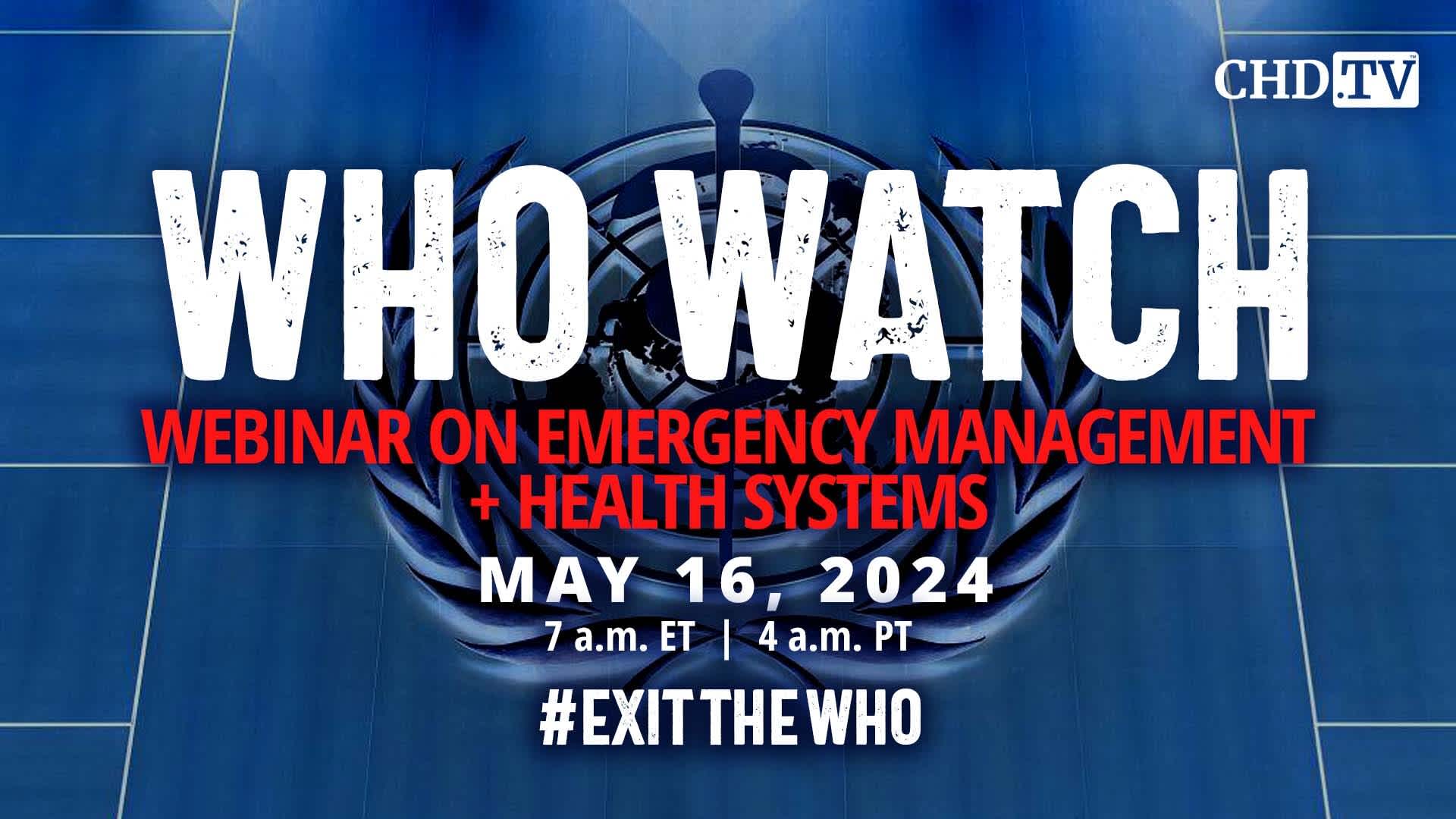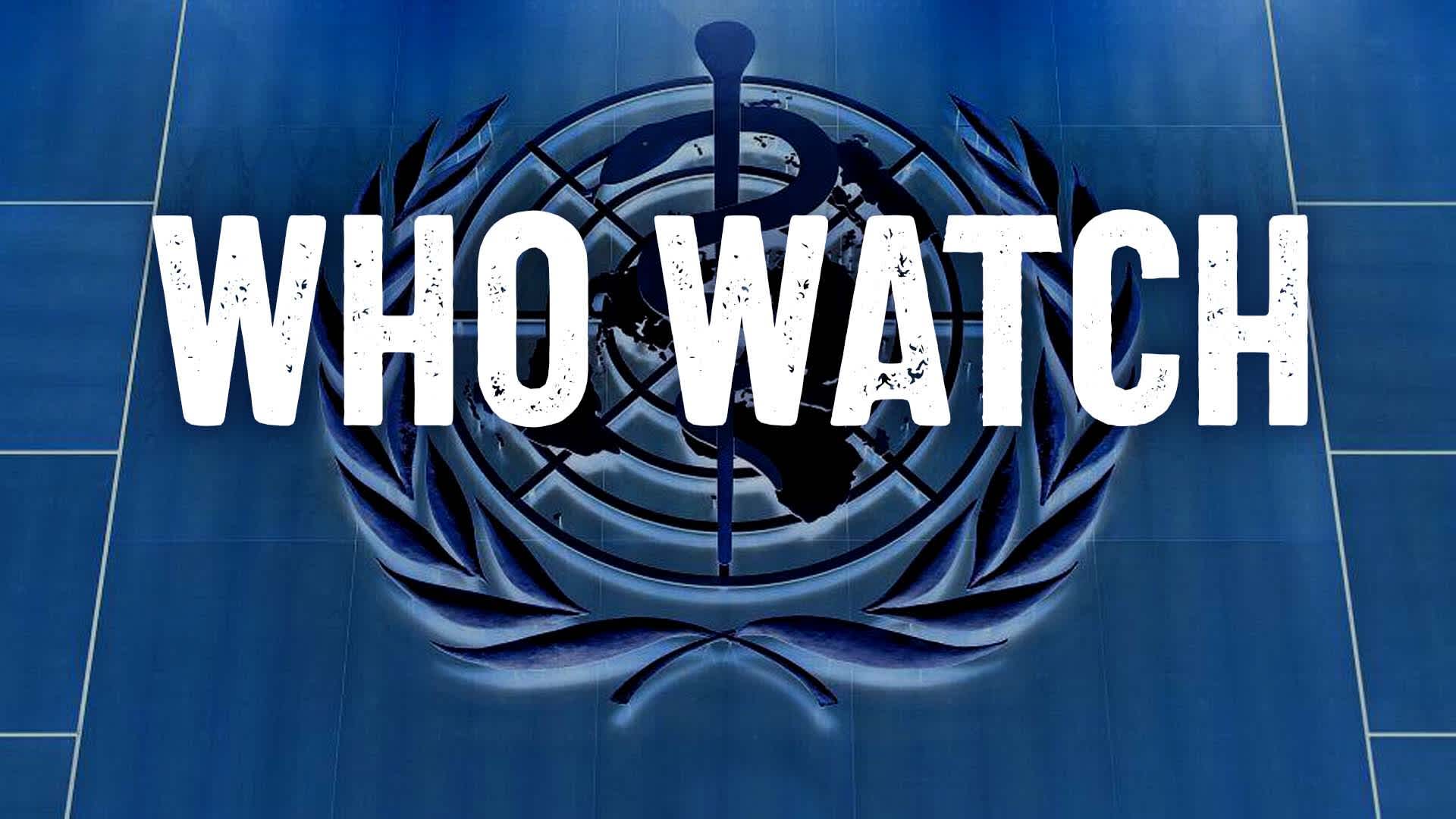May 7, 2025
May 7, 2025
chat
Community Health Workers + Strengthening for Outbreak Detection and Response
Background:
‘In any public health emergencies, local communities are the first to respond, significantly influencing outcomes during armed conflicts, natural disasters, or infectious disease outbreaks.
‘Recognizing the strengths, assets, and expertise of community-based groups, the World Health Organization (WHO) has placed community protection at the core of its renewed global architecture for Health Emergency Preparedness, Response, and Resilience (HEPR). By embedding community-centered policies, strategies, and practices, WHO is working with national governments, local networks, and the community health workforce to enhance community engagement throughout the emergency cycle.
‘One of the first applications of this new approach was during the global mpox response. WHO developed an innovative training package for community health workers (CHWs) that integrated outbreak detection and response with risk communication, mental health and psychosocial support, infection prevention and control, and community coordination. The package is unique in integrating multiple areas of health emergency response for community health workers.
‘The first pilot of this training was conducted in November,2024, in Pakadjuma, an informal settlement in Kinshasa, Democratic Republic of Congo (DRC), followed by a national Training of Trainers in early 2025. The aim was to equip CHWs with the skills needed to detect cases and respond to the mpox outbreak, engage communities, and improve infection prevention and control practices.
‘In February 2025, this approach was used to train 18 village health workers from 3 districts in Entebbe, Uganda, to enhance community-based Ebola detection and response.’
Objectives:
- To introduce a comprehensive training initiative for community health workers focused on health emergency and outbreak response,
- To exchange country insights and experiences from the implementation of the comprehensive community health workers training program,
- To highlight the significance of strengthening the capacity of the community health workforce as a strategy for community protection.
Speakers:
- Introduction of EPI-WIN, housekeeping, introduction to topic and speakers: EPI-WIN Science and Knowledge Translation, WHO
- Welcome remarks: Dr Nedret Emiroglu / Dr Kai von Harbou, WHO
- Presentation 1 - overview of integrated community health workers training initiative for health emergency response: Dr Kwang Il Rim, WHO
- Presentation 2 - Global partnership for the Capacity Strengthening of Community Health Workers: Dr Claire Bayntun, UK Public Health Rapid Support Team
Panel discussion:
- MOH Uganda – Dr Atim Dansan
- DRC – Dr Pierrette Ena (COUSP)
- Community health workers from Uganda – Edith Naluga
- WHO SEARO – Dr Reuben Samuel
- Question and Answers: Dr Kwang Il Rim, WHO
- Closing: EPI-WIN Science and Knowledge Translation, WHO
CHD.TV offers a wide range of content pertaining to children's health. We regularly stream hearings, meetings and lectures from the World Economic Forum, National Institutes of Health, World Health Organization and other entities to keep you up to date the tactics and ideologies of those who influence public health, though Children's Health Defense may not have any affiliation with these organizations or individuals.
*The opinions expressed by the hosts and guests in this show are not necessarily the views of Children’s Health Defense.
Resources





